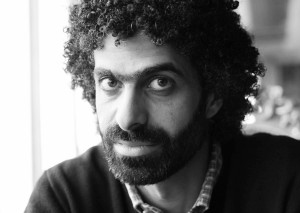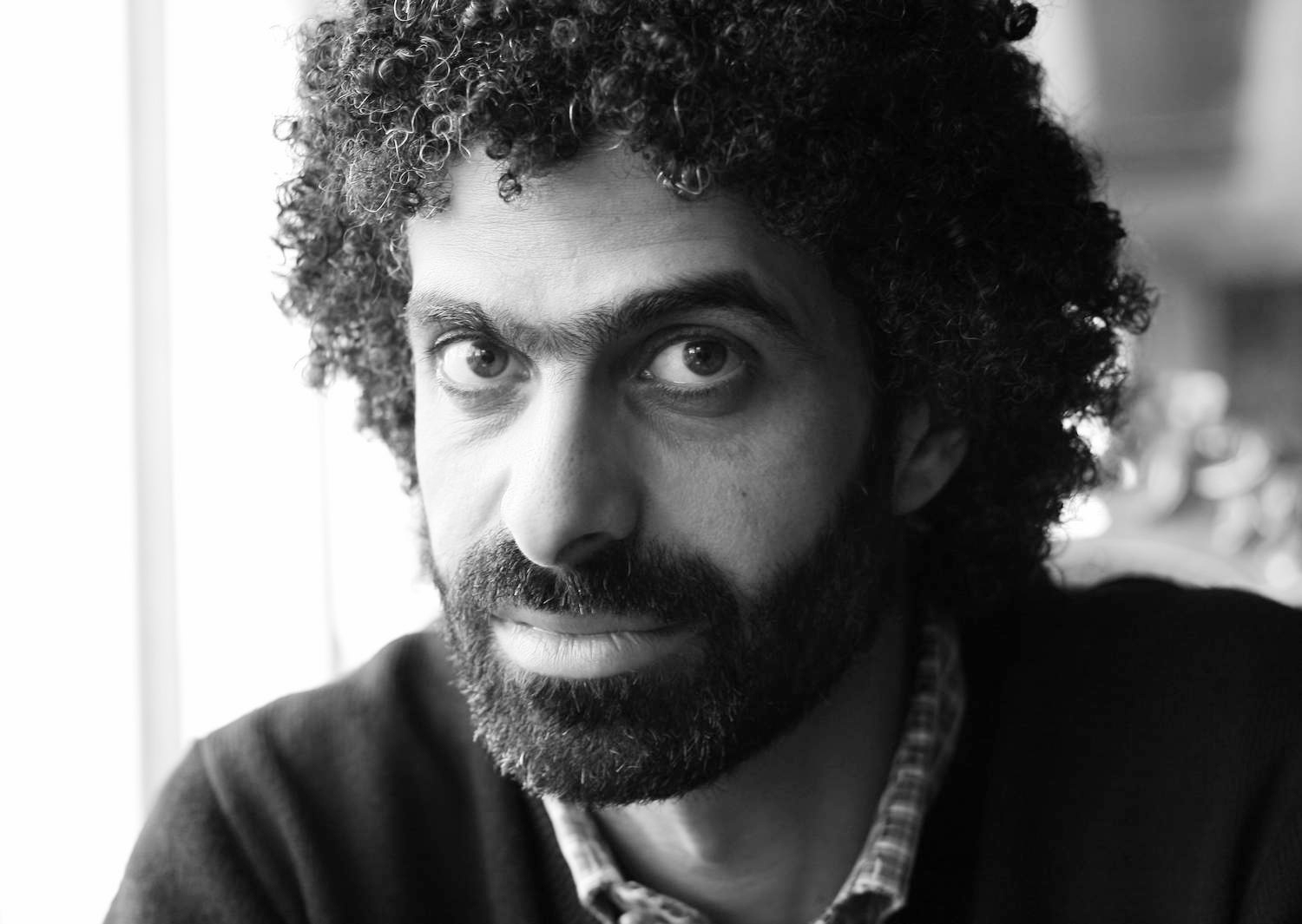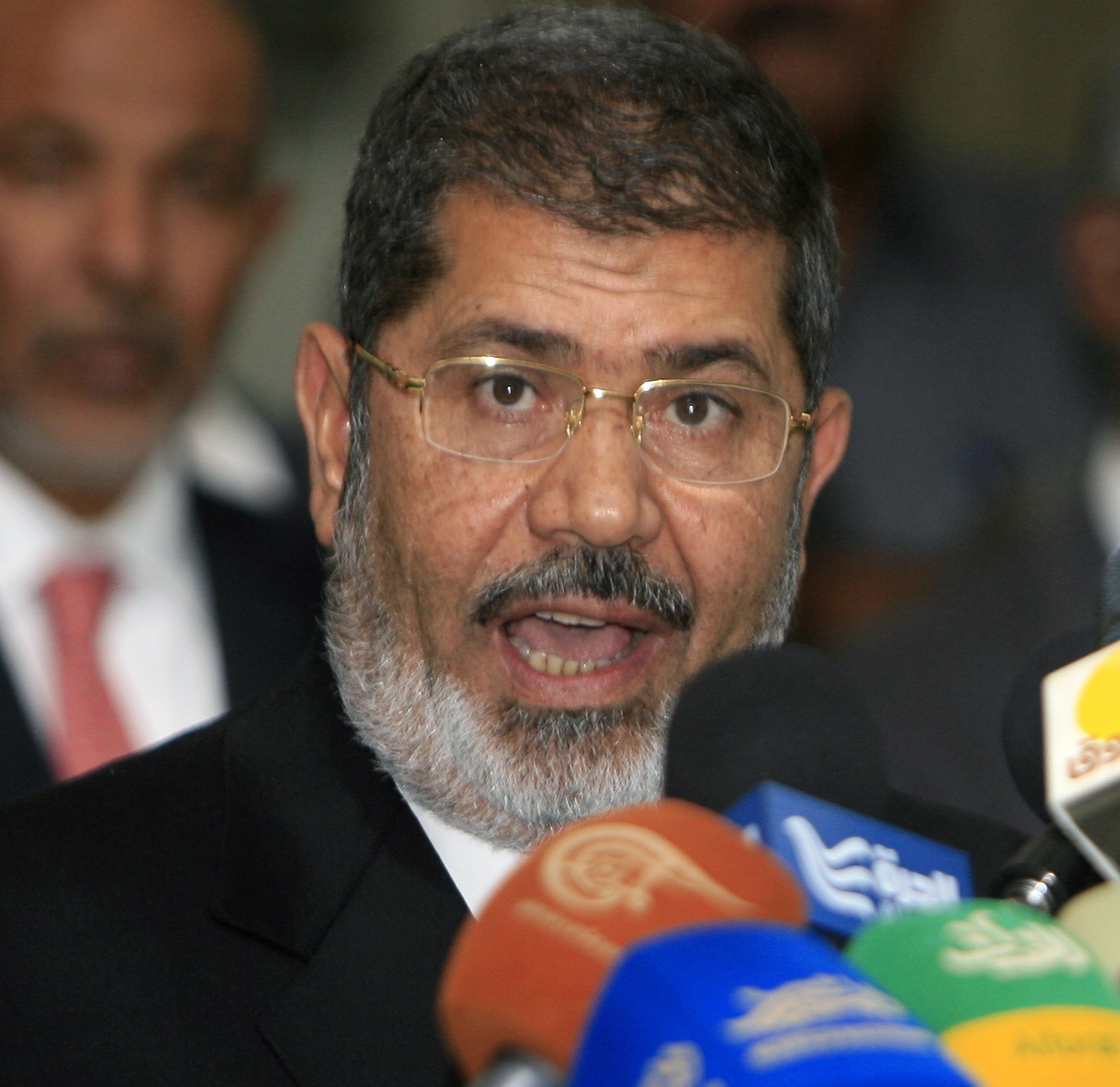
A few days ago while walking in Tahrir Square, I heard a young man shouting at two bearded men: “Out, out.” It was not clear to me, nor to anyone else, what they had actually done wrong.
The poor bearded men, one in his early twenties and the other in his mid-forties, did not have the chance say anything and in less than 10 seconds they were trapped in a mob of hundreds, with dozens beating them up. The young man quickly covered the older man with his body and took most of the punches and kicks.
This insane scene lasted for about 15 minutes until the two victims were dragged towards Qasr Al-Nil Bridge, where they were let go. They ran away, wounded and with faces bloodied.
As an important side note, the anti-Morsi protests that started 30 June had a very visual presence of conservative looking citizens. Good numbers of bearded men and niqabi women. Yet these two men were not given the chance to explain themselves. Everyone was ready to lynch them on sight.
I am not sure how to explain or justify this bestial mob behaviour. Apparently, I already did by describing it as bestial, with all respect to beasts. I actually prefer to leave this task to anthropologists. However I would like to talk about another aspect that I can claim some understanding of: the role of the media in stoking this anti-Islamist mania.
The Brotherhood’s politics were already enough to turn the media against them, since they horribly messed up their year in power. But having this anger against Islamists reach this inhuman street level; I blame the very biased media, besides other factors.
It all started about a week before the 30 June protests, when the state-run media switched loyalty back to the military after being pro-Morsi for the last year. It was a strong signal to the private and “independent” media that something had definitely changed in relation to the army and they immediately shifted allegiance as openly anti-Islamist agents. They have always been biased, but in the past they at least made an attempt to appear objective. Within that week, even this veneer of objectivity disappeared.
The language used by the media against the Brotherhood and their constant twisting of facts was, and still is, horrifying. Actually, it could have been much more effective to leave facts as they were, since the Brotherhood had already made it extremely difficult for themselves. They were definitely toppling without the need for this media push. It would have been better to leave facts as they were and act professionally, without inflicting biased coverage and hours of ranting on cheap talk shows to the millions of Egyptians who watch television until the early hours of every morning.
Sickeningly enough, rumours about the pro-Morsi demonstrators in Nasr City and Giza still find ears eager to believe anything. One of these rumours is that scabies is spreading among Morsi supporters. Many in the traditional and social media find this as good material for jokes. For non-Arab readers: the term scabies is also commonly used as a swear word. It shows how society now sees Morsi supporters and these views are very condescending and socially dangerous.
Again, anthropologists and those versed in mass-psychology might explain why people were so ready to slide into such a swamp.
The current hostile environment towards the Brotherhood is not the first, as the events of 1954 were similar. Then the Brotherhood messed up their relationship to the 1952 military coup against King Farouk, and the Free Officers Movement led an anti-Brotherhood offensive. The people, who sided with the military, stormed and torched Brotherhood offices.
The people turned a blind eye to the horrors the Brotherhood experienced under Gamal Abdel Nasser’s rule. A few years ago the Brotherhood reappeared to fill the gap of social solidarity that Mubarak’s regime left empty. Then they ran for elections after his fall with promises of prosperity and justice. They actually did good social work under Mubarak, but they failed miserably to meet their election promises when they finally gained power.
There are two main differences between 1954 and 2013. First, the Brotherhood did not actually rule in the period of 1952-54. So, the social memory of them as a disliked power was quicker to fade. Second, documentation and access to information is completely different in 2013.
If someone wants to know about the Brotherhood in 1954, researching this is difficult. However with today’s technology, easy access to information and digital documentation, it will be almost impossible for the Brotherhood to regain power anytime soon. They will be stigmatised for their political misbehaviour, injustice and religious manipulation for decades.
Therefore, it is of even greater importance, now more than ever, to include the Brotherhood in dialogue. A dialogue that prevents them from returning underground. If this happens again, it will be much more dangerous and violent than it was previously under Nasser or Mubarak. Brotherhood members will feel their cause is hopeless and will be bitter that legitimacy was stripped from them, just as their leaders preach.
The bottom line is that the eras of crucifixion have passed, and making martyrs out of the Brotherhood, or a messiah out of Morsi, may be the biggest threat Egypt might face.



